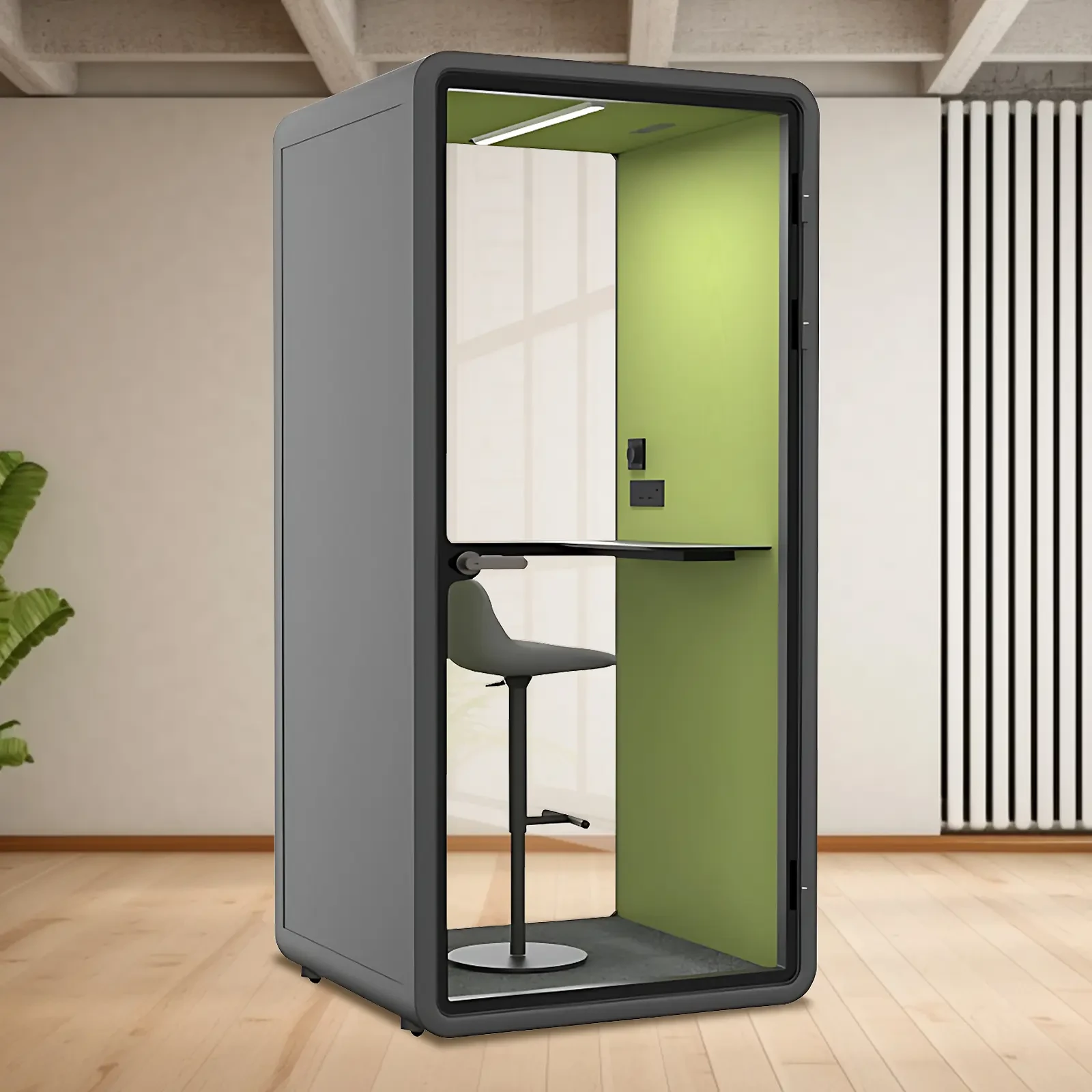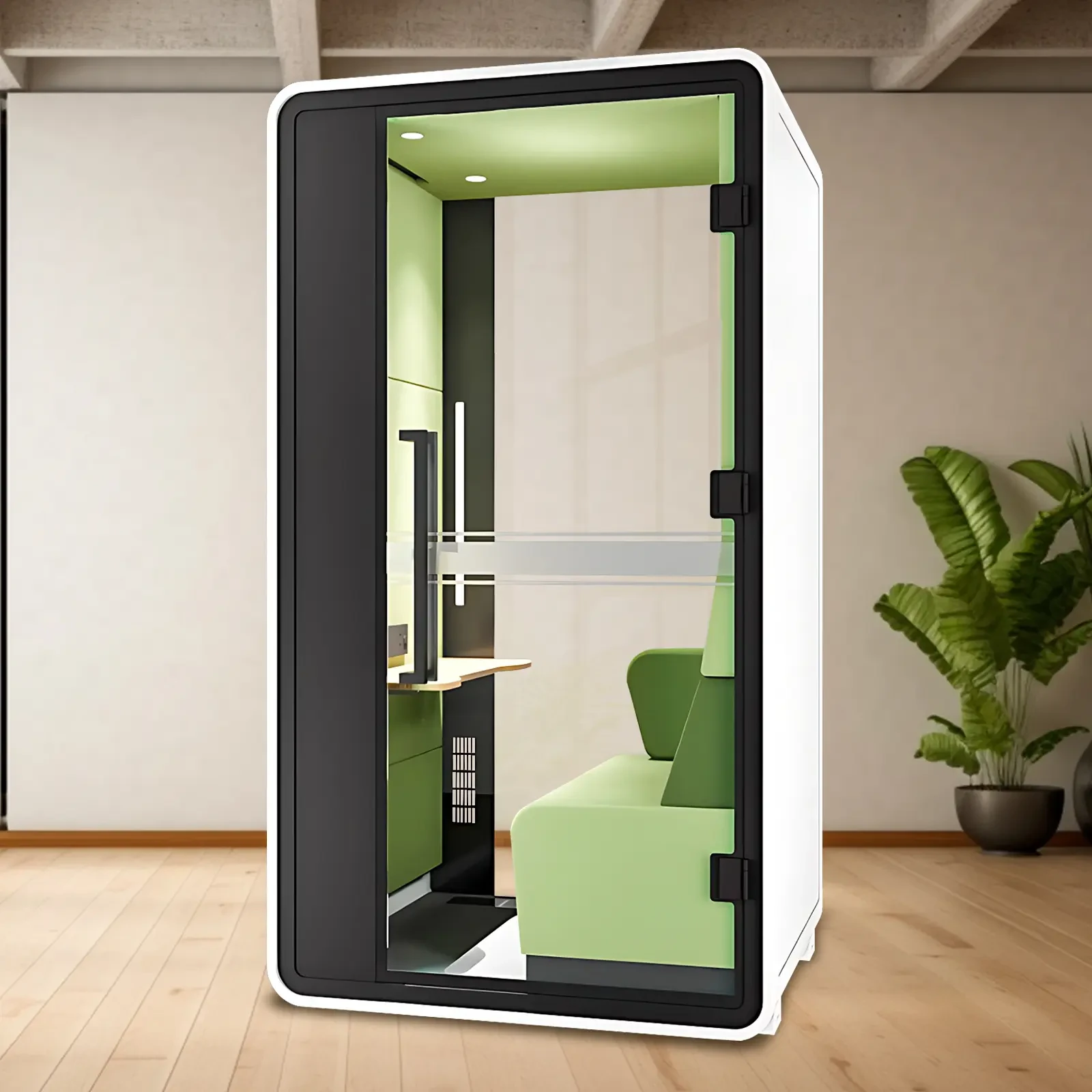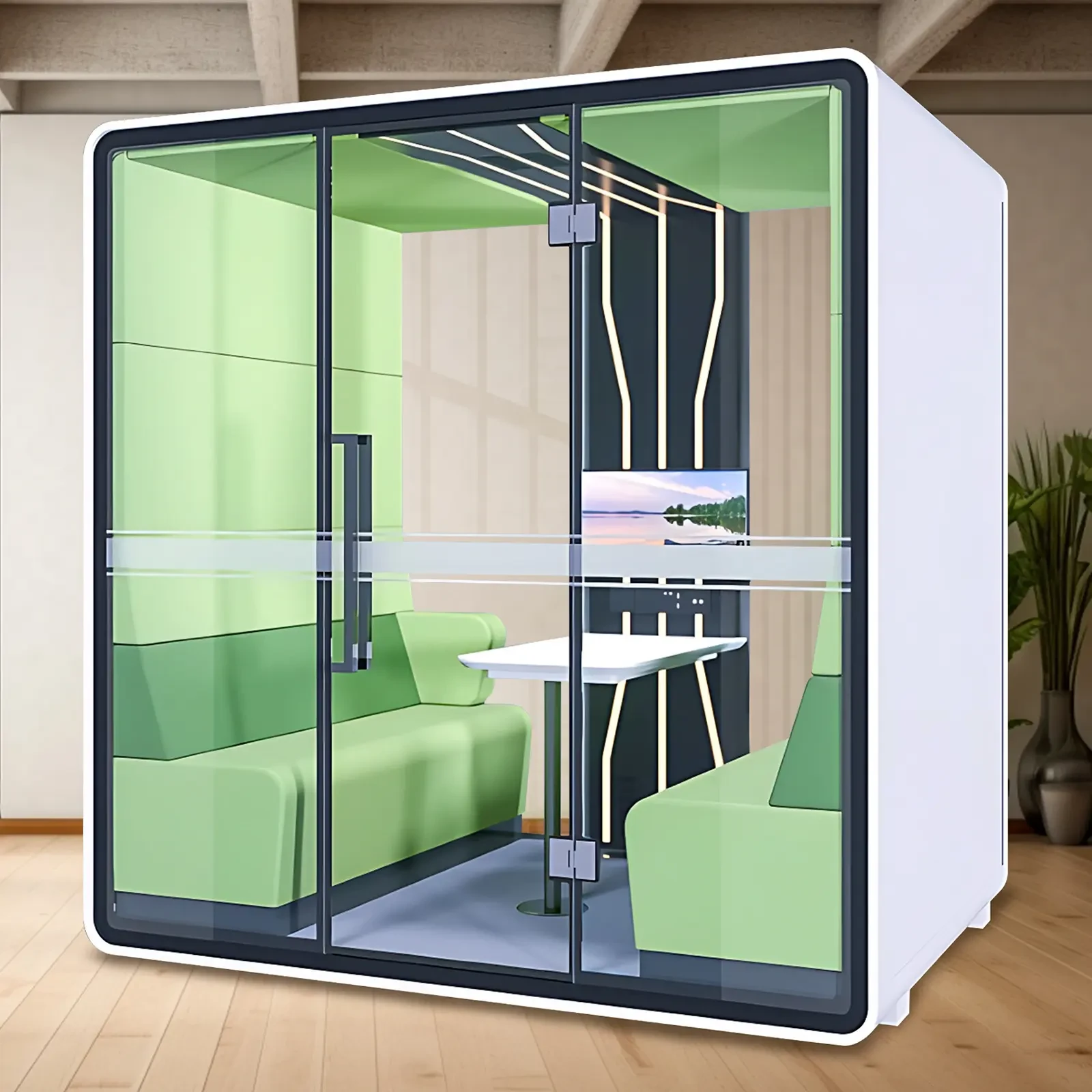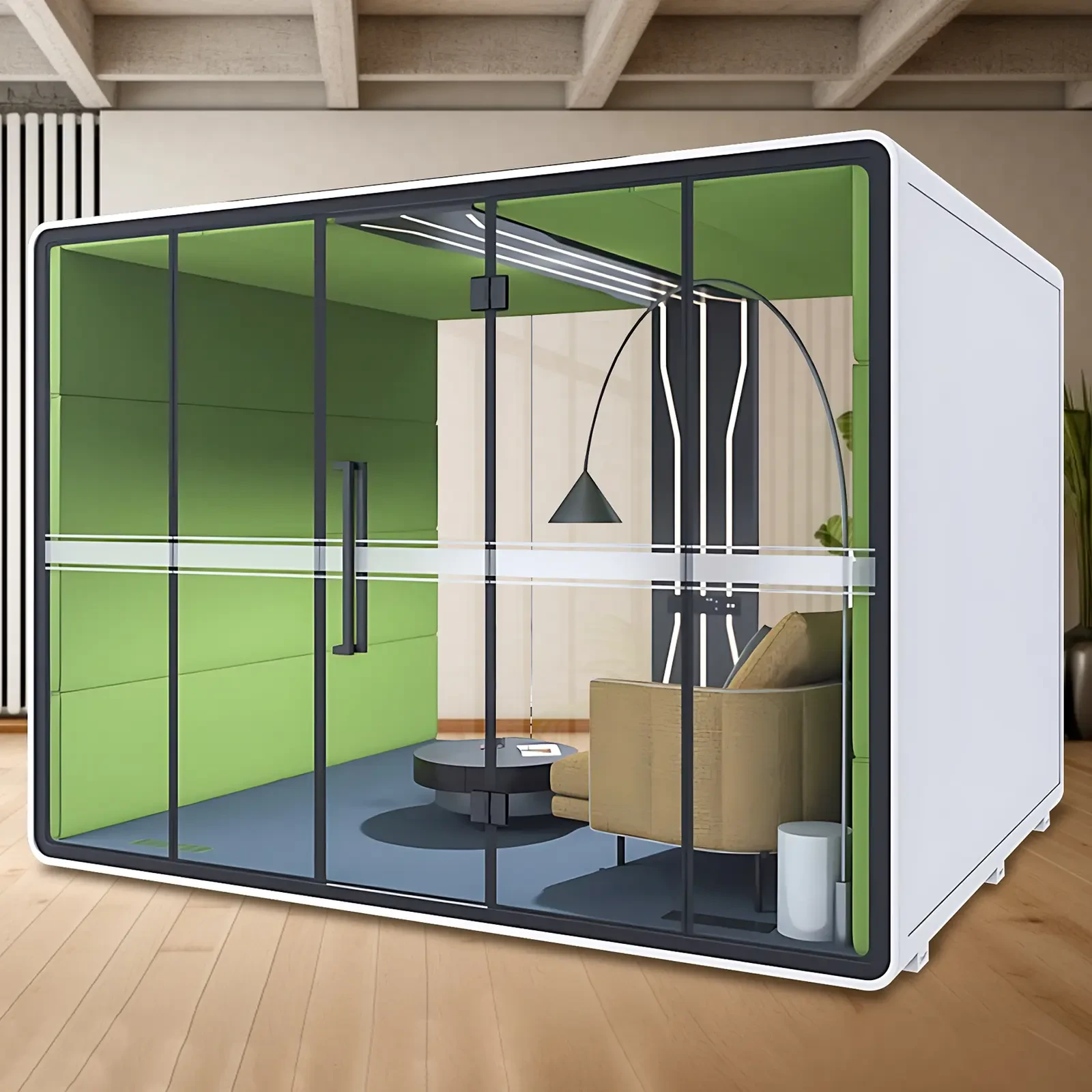Noise poses multiple risks, affecting the auditory system, nervous system, cardiovascular system, visual system, and sleep. Active measures should be taken to reduce noise pollution.
1. Damage to the Auditory System
Hearing Loss and Deafness: Long-term exposure to noise, especially high-intensity noise, can lead to gradual hearing loss and, in severe cases, even deafness. Studies have shown that people who work in noise levels above 90dB for a long time have a significantly increased incidence of deafness.
Temporary Hearing Loss: Exposure to high-intensity noise can also cause temporary hearing loss, meaning hearing is temporarily affected, but typically recovers after leaving the noisy environment.
Permanent Hearing Damage: When noise intensity exceeds a certain critical level, it can cause permanent and irreversible damage to the auditory system, even to the central auditory system.
2. Impacts on the Nervous System and Mental Health
Anxiety and Irritation: People who live or work in noisy environments for a long time are prone to emotional problems such as anxiety and irritability, manifesting as irritability and restlessness. Neurasthenia: Noise can also cause symptoms of neurasthenia, such as headaches, dizziness, insomnia, frequent dreams, and memory loss, seriously impacting people's daily lives and work efficiency.
Endocrine Disruption: Noise can also cause endocrine disruption, manifesting as menstrual irregularities and acne, with the impact being particularly pronounced in women.
3. Harm to the Cardiovascular System
Increased Blood Pressure: Noise increases adrenaline production, leading to elevated blood pressure. People exposed to noise over a long period of time are at increased risk of hypertension.
Increased Risk of Heart Disease: Noise can also increase the workload on the heart, increasing the risk of heart disease.
4. Impact on the Visual System
Decreased Vision: Damage to the auditory system can affect the visual system through the nervous system, leading to decreased vision. Furthermore, noise can reduce the sensitivity of visual cells, prolonging dim light response time, and causing eye damage such as eye fatigue and pain.
5. Interference with Sleep
Decreased Sleep Quality: Noise can disrupt sleep, making it difficult to fall asleep or waking up easily. Long-term noise exposure can lead to symptoms such as insomnia, fatigue, and weakness. Sleep disturbances: Severe noise interference can also cause sleep disturbances, such as excessive dreaming and premature awakening, further impacting physical and mental health.
Noise can also distract people and reduce work efficiency. Working in a high-intensity noise environment can make it difficult to concentrate on tasks.

 USD
USD
 GBP
GBP
 EUR
EUR






